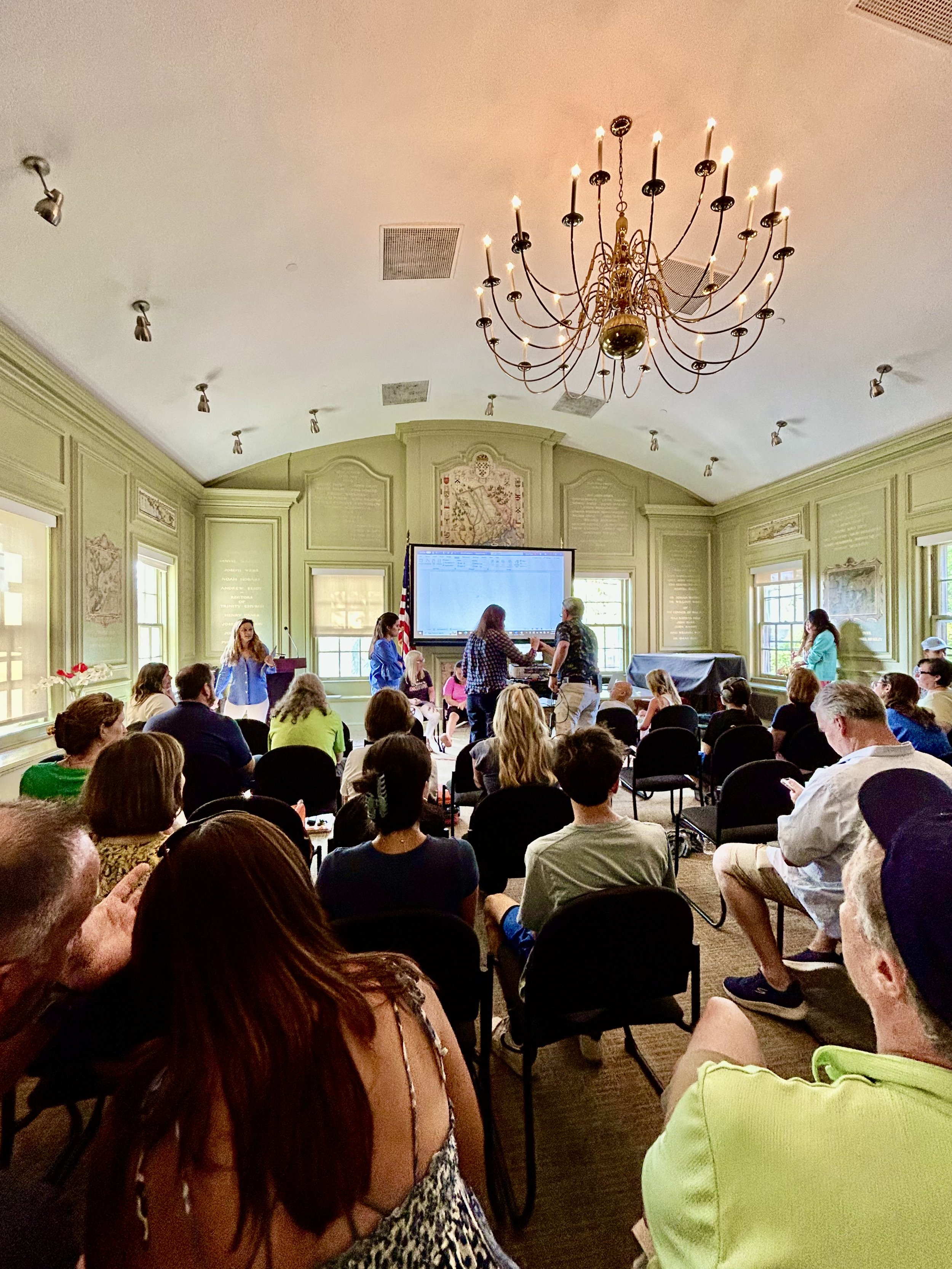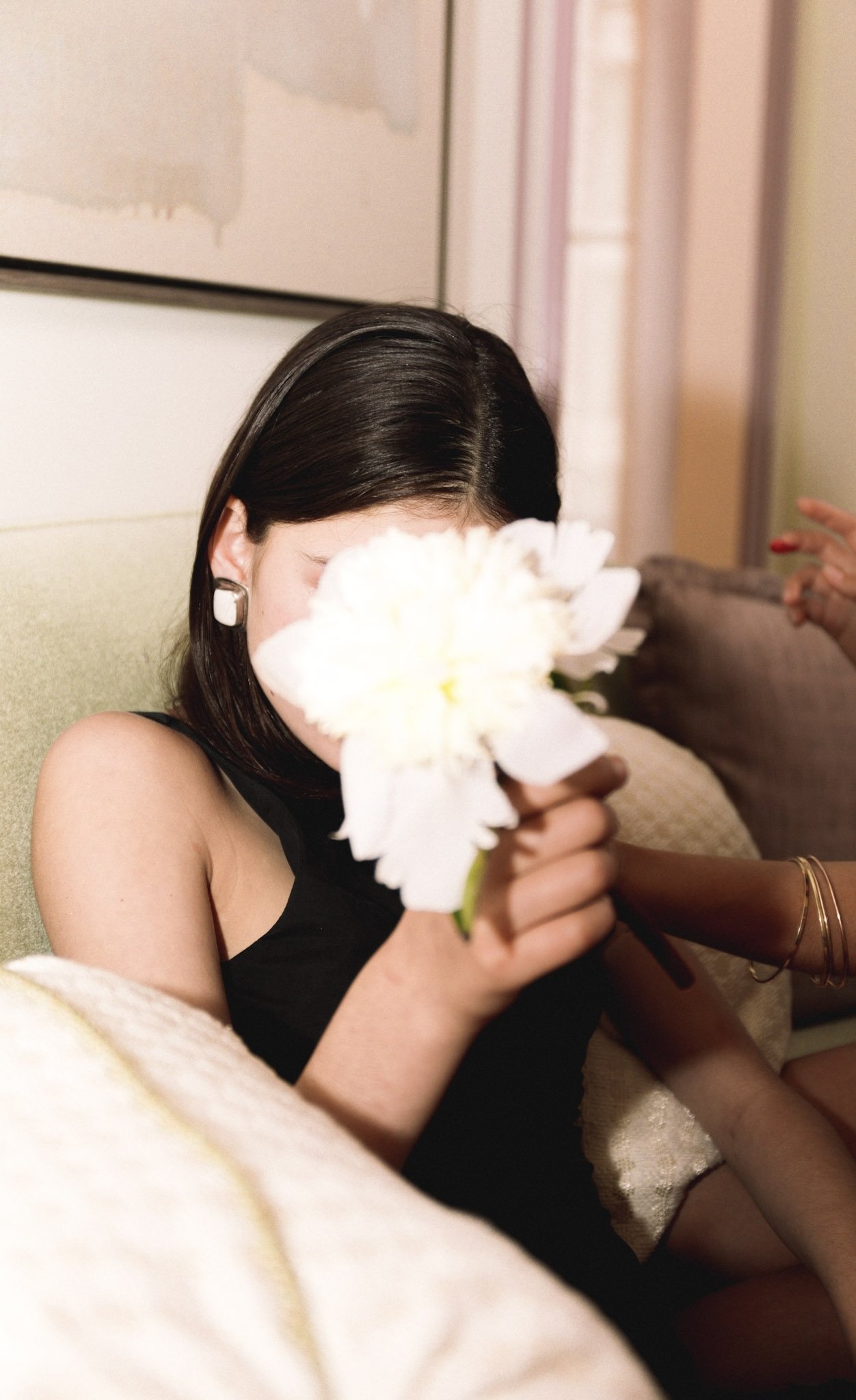Cultivating Community : Nina’s Story
About the founder
Nina Meehan is a self advocate and nonspeaking autistic, who is 19 years old and cares deeply about educating the world. Through many trials and tribulations, it has taken her 17 years to find an effective means of communication through which she can express her thoughts, feelings, needs, and much more. After a life of silence, she began spelling to communicate.
The time it has taken to unlock her voice has not been lost on her, it has shown her the depths and truths of the nonspeaking autistic experience. As neurotypical, this experience can often be impossible to understand. Imagine you have every thought inside your mind but no way for anyone to know that. Many non-speakers describe life without effective communication like being locked inside a silent cage. Around 75 million people around the world are diagnosed with ASD and approximately 30-50% of them are nonspeaking or unreliably speaking (which means what they say does not always accurately reflect what they think). This is due to a condition called apraxia (a form of brain-body disconnection, where the intention of the brain does not always translate smoothly to the actions of the body).
Nina along with thousands of other advocates have proven that autism is NOT a cognitive disability, it is a motor skill disability.
This is the biggest misconception amongst our doctors, teachers, therapists, families, and peers. Nina’s message is clear - always presume competence. Always treat autistics as intelligent individuals who have full cognitive abilities. When you treat someone as though they are fully intelligent, it grants respect and dignity. This is a paradigm shift our society must begin to understand.
Why is this such a deep misunderstanding in our society? To start, every single IQ test designed to measure intelligence assumes the person being tested has perfect motor skills. If you think about it, every test requires the use of independently perfect fine motor skills (i.e. with a pencil, computer, etc.)
In Nina’s experience, she was taught at kindergarten level or below for her entire life and was never educated at grade level because she could not write with a pencil or match the color red to another red on a piece of paper. The methods of evaluation never accommodated for her motor needs, and many teachers and therapists did not know where to begin on this issue. So, the evaluators had no way to assess her true intelligence or potential. The same reason she was unable to perform this action is the same reason she cannot speak, or perform other motor tasks like tying her shoes on her own or buttoning a jacket. These all involve fine motor skills. By being misjudged as mentally incompetent and treated like an infant based off this motor issue, locked inside a silent cage, her frustration grew.
Through work and continued practice anything is possible. Human brains are plastic, meaning they are constantly creating new neural connections. Nonspeaking autistics can always learn new skills given the right support. Through strengthening motor skills with the support from a Communication and Regulation Partner, Nina strongly believes all autistics can use their bodies to spell. This often requires continued efforts to create a longterm effective method of expressive communication.
Now Nina is fluently spelling and describes this intervention as something that has allowed her to finally, “say anything to anyone at anytime, [she] feels like [she] is being reborn.”
This is just the beginning for Nina on her journey to spread awareness and truth about what is possible for autistics and their loved ones.
The Nina Foundation is a nonprofit organization open for donations to support educational opportunities through spelling. We are opening up an education center in Fairfield, CT called Flowering Futures, where S2C will be offered to all students looking to get started.
Learn more by reaching out to us directly, or looking into S2C resources.
INCLUSION
INCLUSION
“Neurodiverse people each have their unique gifts to share with the world and deserve intentional support from neurotypical people.” - Nina












